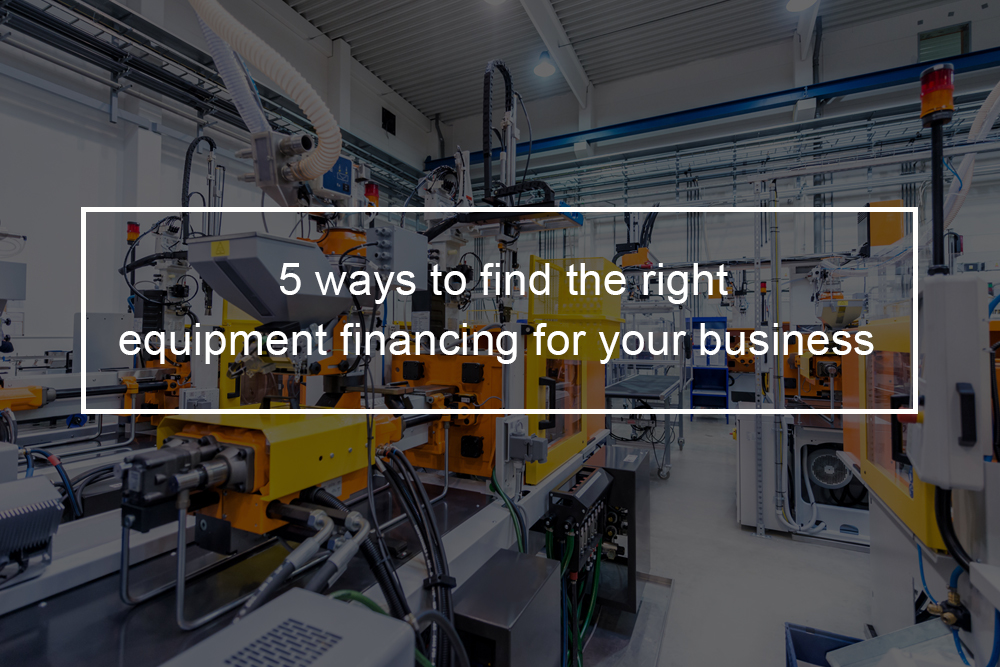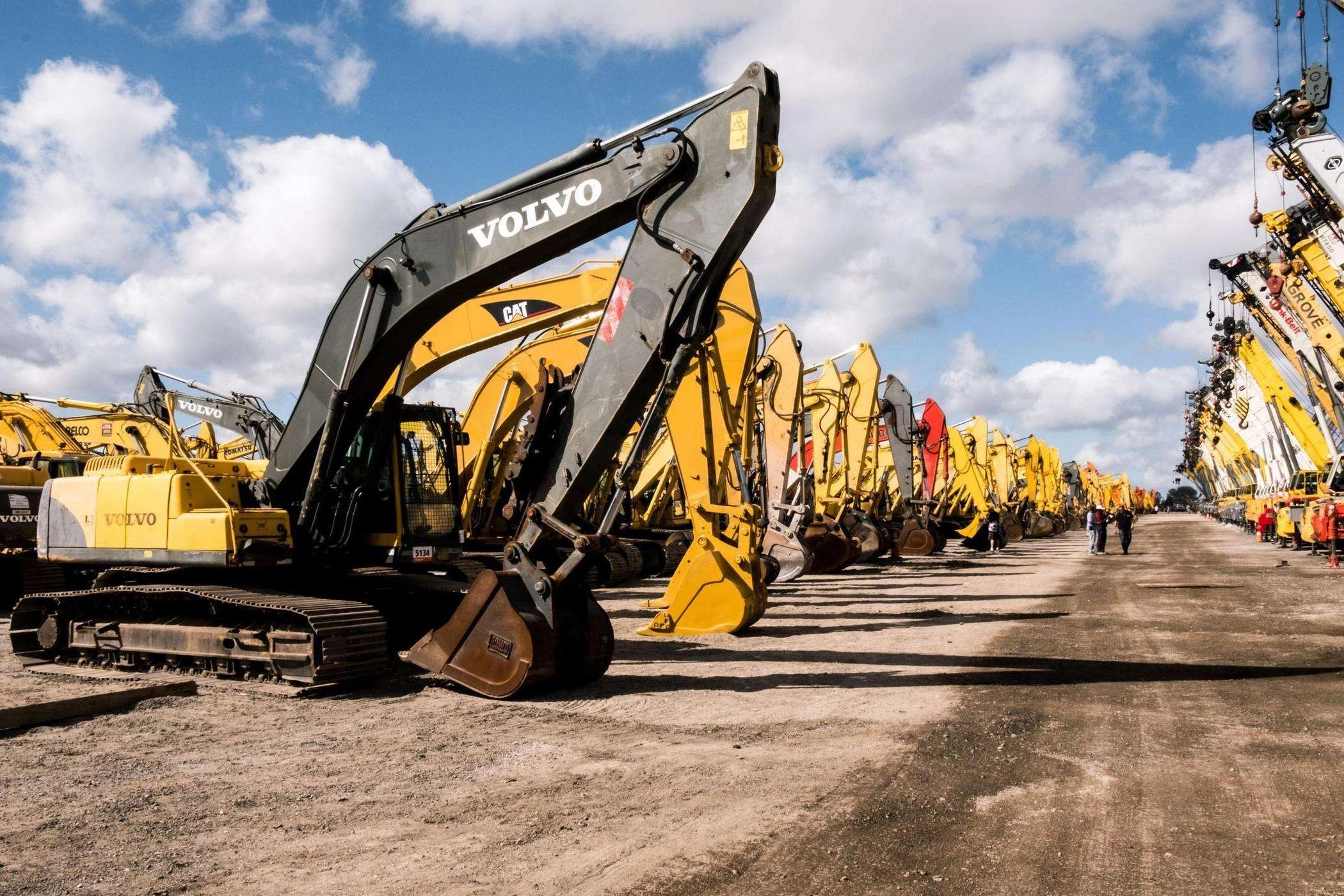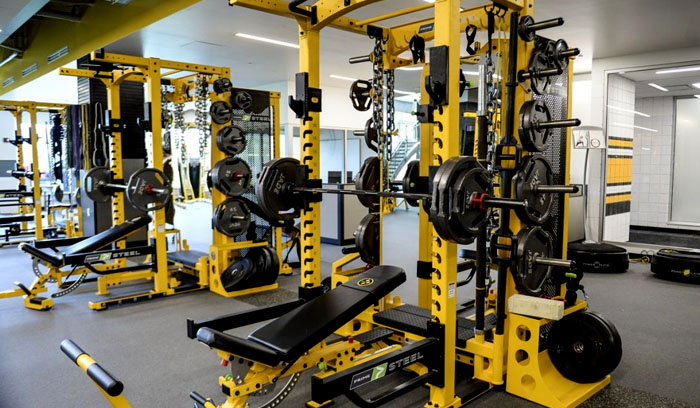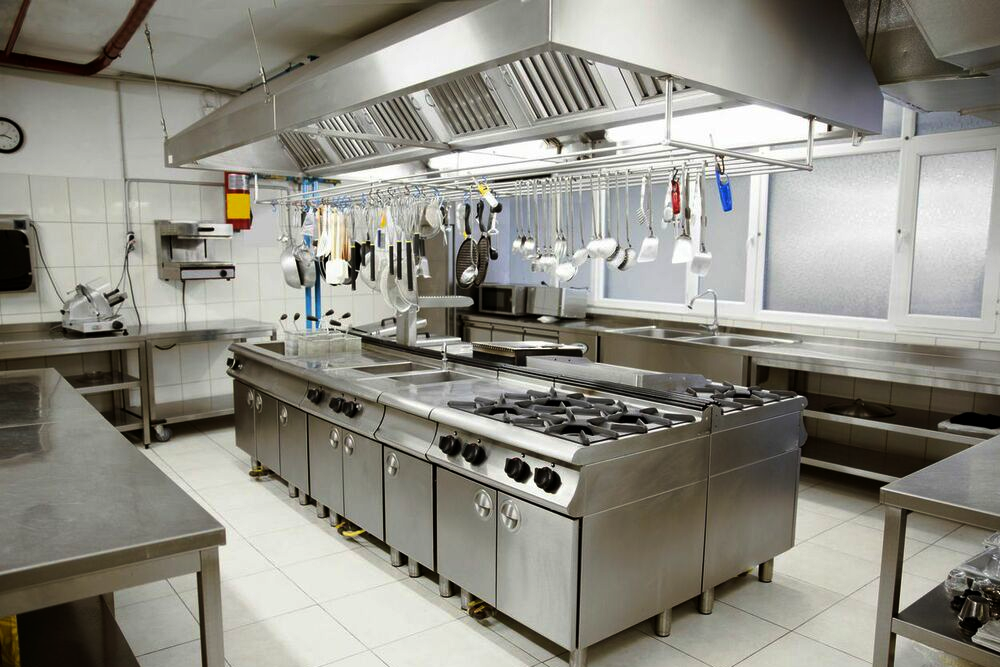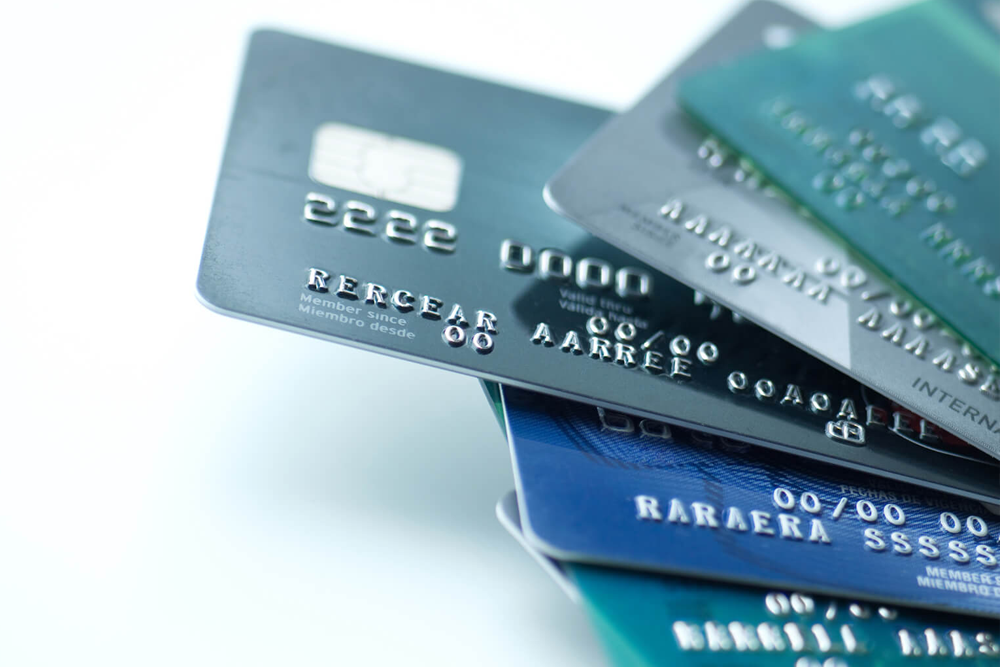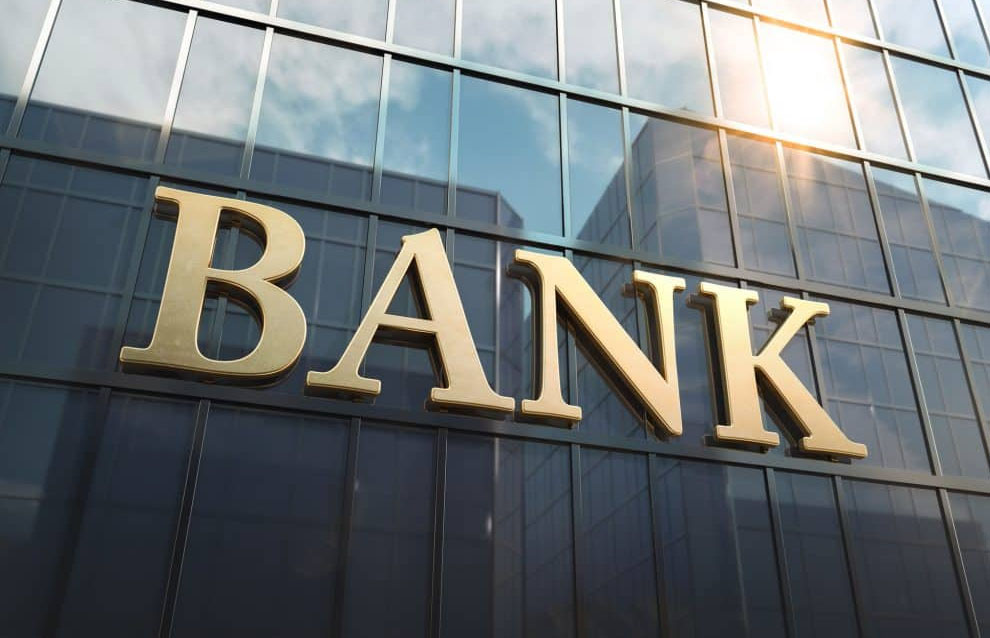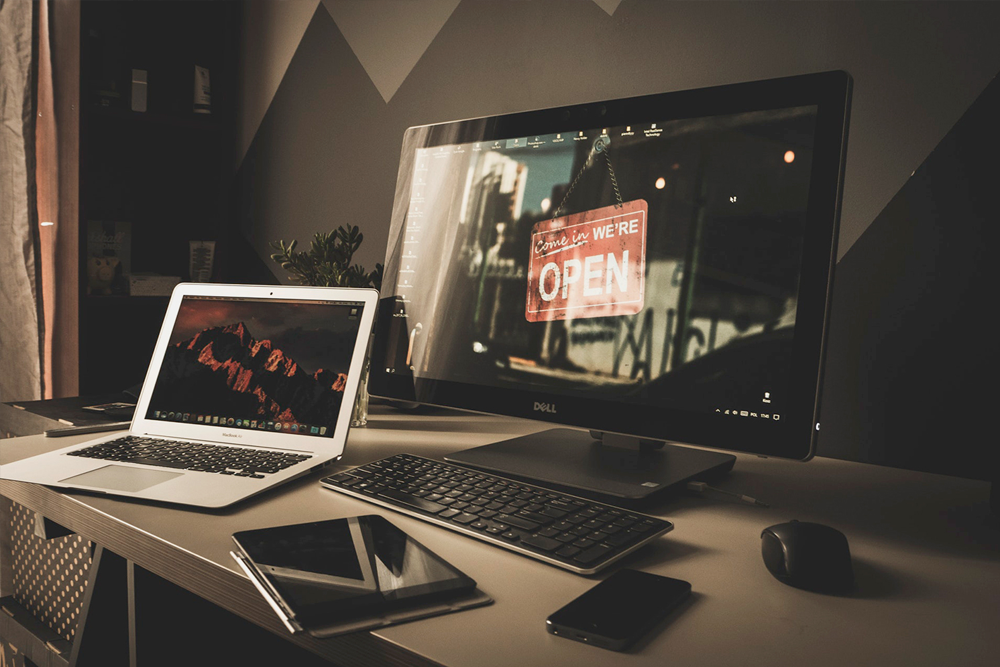As a business owner, you realize that having the right equipment is vital to the success of your business; however, keeping that equipment running and up-to-date can be costly. Equipment financing can assist you in growing your business while keeping the cash you need for payroll, rent, and marketing costs. Learn how to choose the best equipment financing loan for your business.
What is business equipment financing?
Equipment financing is a kind of business financing used to offer companies the capital necessary to buy needed equipment. The process offers you the funds required to secure the purchase of needed capital equipment for your business. Generally, there are several types of business loans available to suit business equipment purchases. Here are some common financing options.
An equipment loan
Equipment loans are a kind of business financing small business owners can use to buy any type of machinery or equipment their business needs to operate at a profitable level. Whether your company requires printers, office computers, company vehicles, commercial appliances, or other specialized machinery, you might be able to obtain a loan to secure the equipment your business needs.
Maybe one of the most attractive features of equipment financing is that the equipment itself can act as collateral for the financing. This is potentially good for both the borrower and the lender. From a lender’s perspective, equipment financing poses less risk since the lender has a valuable asset, it can seize and resell if a business fails to pay back the loan as agreed. As a business borrower, it is nice not to have the requirement of putting up extra collateral to guarantee the loan, other than the real equipment being financed.
Typically an equipment loan can be tailored to suit your company’s cash flow, with a range of repayment options. You can also choose to lower the loan amount and the related finance costs by adding some equity through a deposit or trade-in.
A finance lease arrangement
Leasing also enables you to get the latest vehicles and equipment with no capital outlay. Your bank owns the equipment and leases it to you for an agreed duration. The rentals are designed with residual value and give you options at the end of the lease term. The lease payments might be claimed as a tax deduction, to the extent the equipment is used in the company.The good thing about having a residual value is that your monthly payments will be lower, placing less strain on your cash flow. Nonetheless, if you want to own the asset eventually, you can make an offer to purchase (plus GST).
A hire purchase agreement
If you want to own the newest tools and equipment but preserve your available cash, then a hire purchase (HP) agreement might be ideal for you. With an HP agreement, your bank purchases the equipment you need and hires it to your company for an agreed period. Similar to an equipment loan, an HP agreement does not tie up available cash and typically does not require additional security. Just like the treatment under the equipment loan, depreciation of the asset and the interest portion of any lease repayment might be tax-deductible. Please obtain your own independent tax advice.
Tips for choosing the right business equipment loan
There are many components to choosing the right equipment loan for your business. Here is a look at most significant factors you should consider before committing to a specific financing option.
Do I really need financing to fund my equipment?
Every small business owner or entrepreneur could use more money, but “financing” is not the same thing as “funds.” There is nothing as free money, so it is vital first to determine if the business really requires equipment financing.
There are several situations that really do call for equipment financing:
- When you have short-term cash flow shortages
- Large equipment purchases that will create new growth
- Emergencies
- If you are experiencing cash flow shortages
Sometimes the income and expenses just are not timed well. You have to pay the staff every two weeks, for instance, but customers have thirty days to pay invoices. If your business needs equipment to complete a certain task and is growing and healthy, it’s okay to get equipment financing and use the rest of the capital to cover a short-term cash flow shortage. If your company is struggling, though, do not seek out equipment financing as a way to boost your business. It is never enough.
If you cannot spare money for equipment because your sales are skyrocketing, go for it. If you require help since your sales are in the toilet, focus on fixing the real problem first: sales! Getting extra capital can be a great way to grow faster but do not pursue equipment financing if the company is not doing well. Taking out loans if the business is in trouble will only make the financials worse.
Sometimes you need to use the money to make money, but, similar to cash flow shortages, only take this step to advance your business growth—not to make up for other shortcomings or failures. As your company grows, you might eventually need new equipment or larger facilities. As far as your business is healthy and the purchase will drive growth, go for it. Purchasing equipment or large tools that last more than a few years is usually a mid-term to long-term capital need and is best managed with a term loan.
Check your credit score and understand which loans you are likely to qualify for and which applications to avoid
It is wise to begin any financing search — equipment financing loans or otherwise — by seeking out loans that you are likely to qualify for based on your credit score and other factors. For instance, if you have credit issues (personal or business), you are unlikely to be eligible for an SBA loan. In this case, even if an SBA loan might be the most affordable way to borrow, it will not be the appropriate fit for you. You can use several websites to check your credit score and remember that checking your score does not hurt it. Did you find information on one of your credit reports that is incorrect? Remember, you can dispute credit errors with both the personal and the commercial credit reporting agencies.
Calculate which equipment loan is the most affordable
Now that you have identified the financing options, you are most likely to qualify for, it is a good idea to start comparing costs. Sadly, figuring out the most affordable equipment loans can be a bit more sophisticated than simply comparing interest rates. You have to understand the total cost of financing, including fees, to make an accurate comparison. One tool you can use to compare the overall cost of different equipment financing options is a Business Loan Calculator. To properly compare the total cost of different equipment loans or equipment lease financing, you will need to gather the following information:
- Repayment Term (Generally 1-5 years)
- The Quoted Interest Rate
- Any Additional Fees (Application fee, Origination fee, etc.)
Cash flow considerations
Knowing how your company will be impacted when you take out an equipment loan is important. Using an equipment loan quote tool can help you in understanding repayment structures on the funds you borrow. It is also wise to prepare a cash flow forecast with your accountant to identify how the new financing will impact your bottom line. Suppose seasonal cash flow variations impact your company. In that case, you will need to structure your equipment loan, finance lease, and hire purchase repayments to suit your company’s anticipated cash flow.
Knowing how and when your machine can generate income can help you determine the best way of paying for it. You should also assess the anticipated productive life of an asset. This way, you will not have to finish paying for equipment beyond its useful life or pay for a piece of equipment too faster, putting stress on your cash flow. Talking to your accountant will help make sure you get the right equipment finance package tailored to your business needs and budget.
Weigh other factors
It is essential to consider other components that might be important to you when you are choosing the best way to finance machinery or equipment purchase for your business.
- Do you need access to financing quickly? If so, go for online lenders and not banks.
- Do you prefer a more straightforward application procedure with fewer documentation qualifications?
- Will the equipment loan help you to establish business credit?
- Will you manage to pay the monthly payments?
- Would you rather get an equipment loan that does not require a personal guarantee?
You can ask yourself these and other significant questions to help narrow down your equipment financing options. Remember, whereas there is no such thing as the perfect lender, you might be able to find a financing company that is perfect for your situation.

